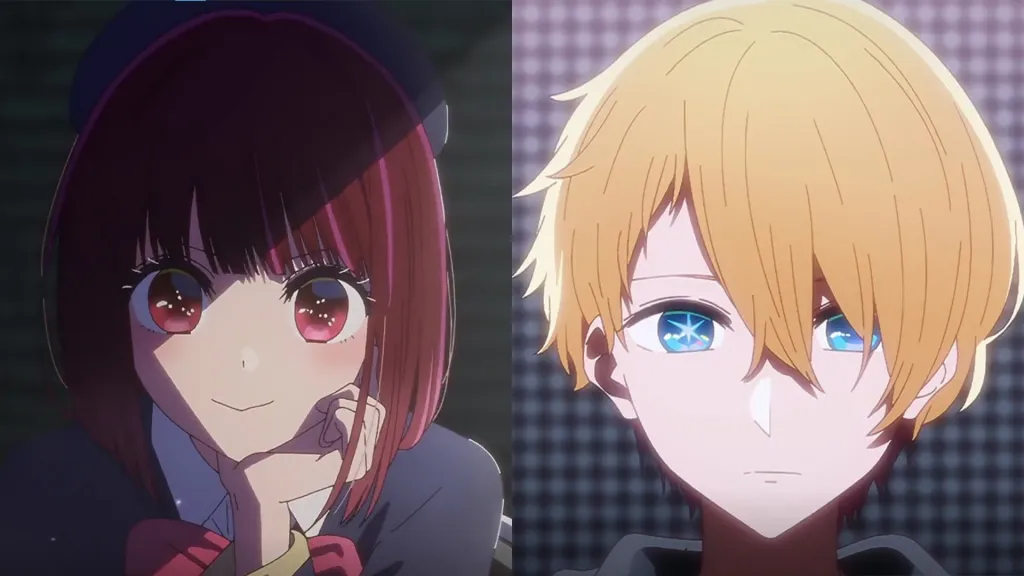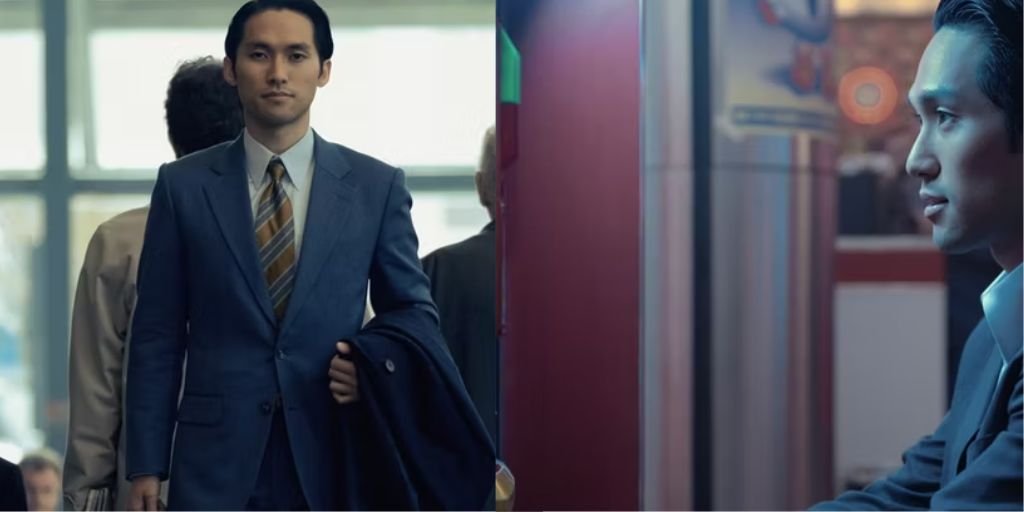
Season 1 of Pachinko, which premiered in 2022, launched viewers to characters who shortly grew to become memorable. The collection follows Sunja, performed by Minha Kim in her youthful years and by Oscar winner Youn Yuh-jung in her older years. Her grandson, Solomon, is performed by Jin Ha.
Each Sunja and Solomon, Koreans residing in Japan, face persistent discrimination merely due to their ethnicity. Regardless of the numerous challenges they face, they uphold their dignity and attempt to enhance their household’s circumstances.
The primary eight episodes of Pachinko inform a compelling story that spans a number of generations. The collection options lovely visuals and explores deep themes of identification and belonging.
Two years after its debut, Pachinko continues to enchant audiences with its grand setting and complicated story. The collection successfully alternates between the views of Sunja and Solomon, shifting between 1945 and 1989.
This narrative method helps illustrate how Sunja’s early decisions have an effect on her household’s scenario a long time later. Sunja’s devotion to her youngsters performs an important position in permitting Solomon to pursue his goals, and underscores the deep debt he owes to earlier generations.
The struggle continues in ‘Pachinko’ season 2
Season 2 of Pachinko begins in 1945 at a practice station in Osaka. Koh Hansu, performed by Lee Minho, encounters a employee holding an object that at the beginning seems to be a big stone.
This object, later recognized as tungsten, turns into necessary within the episode. Tungsten is an important materials used within the manufacturing of struggle gear, and Hansu’s involvement in acquiring it for Japanese troops is central to the plot.
The episode additionally sees teenage Noa (performed by Kim Kang-hoon) and younger Mozasu (Eunseong Kwon) working by an Osaka market. The aftermath of struggle is seen within the struggling neighborhood. Sunja, attempting to assist her household after her husband Isak’s arrest, sells kimchi as their solely supply of earnings.
Throughout a tense second, American planes fly overhead, dropping leaflets urging the Japanese folks to ask their emperor to finish the struggle. The leaflets initially trigger panic among the many market goers, however it quickly turns into clear that they pose no menace.
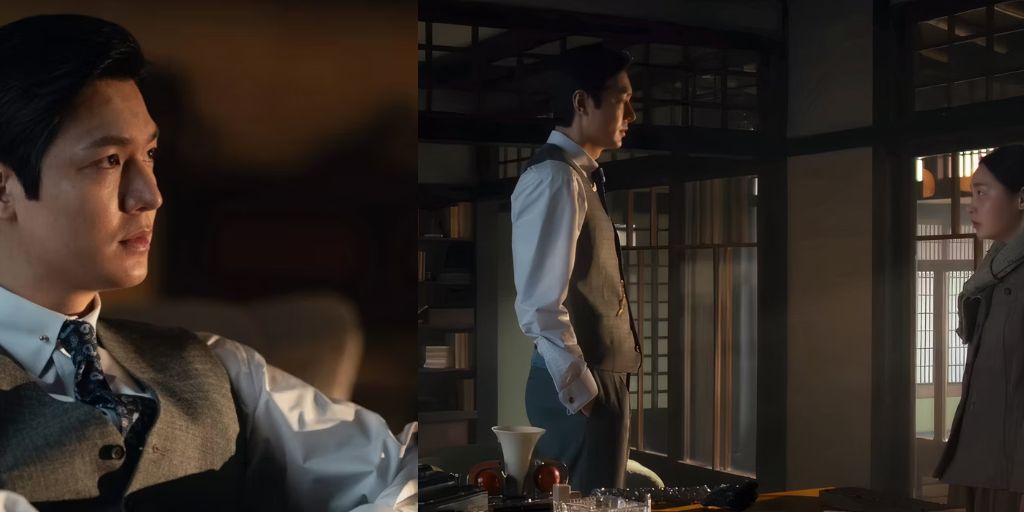

All through its run, Pachinko vividly portrays the discrimination Koreans face in Japan. Younger brothers Noa and Mozasu expertise racism at their college. Mozasu, regardless of his younger age, bravely stands up for his Korean meals and earns respect from his friends, despite the fact that he’s punished by his trainer.
Noa, alternatively, endures the ridicule calmly, concentrating on his e-book and avoiding confrontation. A dialog with a church member reveals the stress and violence that rages in properties and streets due to the struggle. The younger actors who play Mozasu and Noa ship distinctive performances, displaying how discrimination impacts their lives with out falling into the standard stereotypes of kid actors.
The impression of struggle is obvious in numerous points of life, together with navy workouts and private struggles. Sunja and her youngsters take part in workouts the place they use spears on straw dolls representing enemies. Sunja additionally meets her boyfriend Jiyun (Jeong Sori), who has been bodily abused, illustrating the results of struggle on private relationships.
Sunja discusses her issues, together with her husband’s lengthy absence and her mom’s lack of current communication. Jiyun suggests promoting rice wine illegally on the black market to assist their households, however Sunja hesitates due to the danger of arrest.
Kyunghee (Jung Eun-chae), Sunja’s sister-in-law, convinces her to take the danger by stating the extreme starvation the youngsters are dealing with.
Sunja is prepared to sacrifice every part for household within the Season 2 premiere of ‘Pachinko’
At first, Sunja hesitates to have interaction in unlawful actions, as she fears the dangers of leaving her youngsters with out mother and father. Nevertheless, Kyunghee’s reminiscence of the dire scenario convinces Sunja to assist Jiyun.
After making ready the rice wine, Sunja heads to the black market to promote it, regardless of the disturbing sounds of Jiyun’s husband beating her. This scene underscores the cruel actuality Sunja faces and the lengths she is prepared to go to offer for her household.
Noa additionally makes important sacrifices. Though he excels academically and is inspired to take an entrance examination for increased training, he chooses to remain within the metropolis to be current for his father’s return. His trainer, who secretly hides his Korean identification to keep away from discrimination, provides Noa an entrance examination information, additional highlighting the challenges Koreans face throughout this time.
Kyunghee later discovers Jiyun in a panic and tells him that there was a theft on the black market and that Sunja has been arrested.
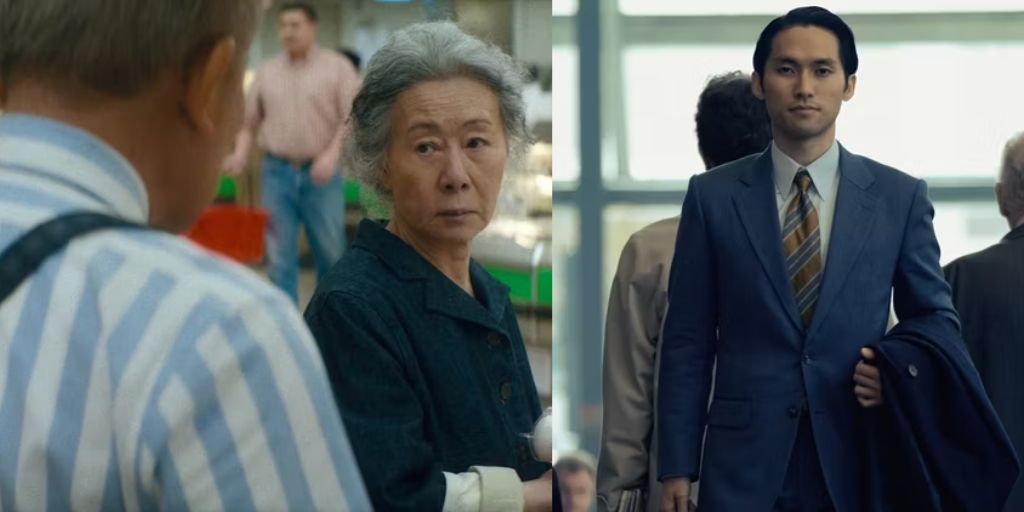

Regardless of the worry and uncertainty, Sunja is launched with out punishment. Mr. Kim is ready for her and takes her to a mansion the place Hansu reveals that he’s carefully monitoring her actions. Hansu reveals that the tungsten is utilized in struggle materials and that he has provided it to the Japanese military.
Earlier, Hansu had overheard a dialog about an impending bomb on Japan and warned Sunja. He supplied her and her household a secure haven within the countryside, however Sunja refused and selected to stick with her husband Isak. This refusal underscores Sunja’s deep devotion to her household and her willpower to remain by her husband’s aspect regardless of the hazard.
The battle is really on for Solomon in ‘Pachinko’ Season 2, Episode 1
The story then shifts to Tokyo in 1989, the place Solomon is fighting the aftermath of a failed enterprise deal. He seeks new funding however faces rejections from traders. A pal, Tetsuya (Ryotaro Sugimoto), initially agrees to speculate however backs out as a result of threats from Katsu Abe (Yoshio Maki), who accuses Solomon of dishonest.
Solomon, annoyed and determined, has a tense encounter with a bakery employee who insults Sunja for her Korean heritage. Regardless of Sunja’s makes an attempt to calm the scenario, Solomon’s anger explodes, resulting in a public confrontation.
After leaving the bakery, Solomon rips open a test from his father Mozasu and vents his frustrations to Sunja. He feels overwhelmed by the sacrifices his household has made prior to now and the burden of their struggles. The episode ends with Solomon confronting Abe-san at an awards ceremony, making it clear that he is not going to be intimidated or threatened.
The episode contrasts Sunja’s sacrifices for primary wants with Solomon’s lifetime of privilege, highlighting the generational divide. Sunja’s willingness to danger every part for meals contrasts sharply with Solomon’s entry to sources, highlighting the impression of their totally different experiences. The juxtaposition of Sunja’s hardships and Solomon’s struggles provides a poignant element of household and sacrifice.
As Season 2 progresses, Pachinko continues to discover the complexities of household dynamics and the lasting impression of historic occasions on private lives. The collection expertly portrays the emotional and bodily toll of discrimination and struggle, whereas additionally celebrating the resilience and willpower of its characters.
The generational story emphasizes the robust ties between previous and current and reveals how the sacrifices of 1 era form the alternatives and challenges of the subsequent.
The present’s wealthy storytelling and compelling character growth make it a robust window into the human spirit and the enduring seek for identification and belonging. With every episode, Pachinko deepens its exploration of those themes, providing viewers a shifting and thought-provoking expertise.
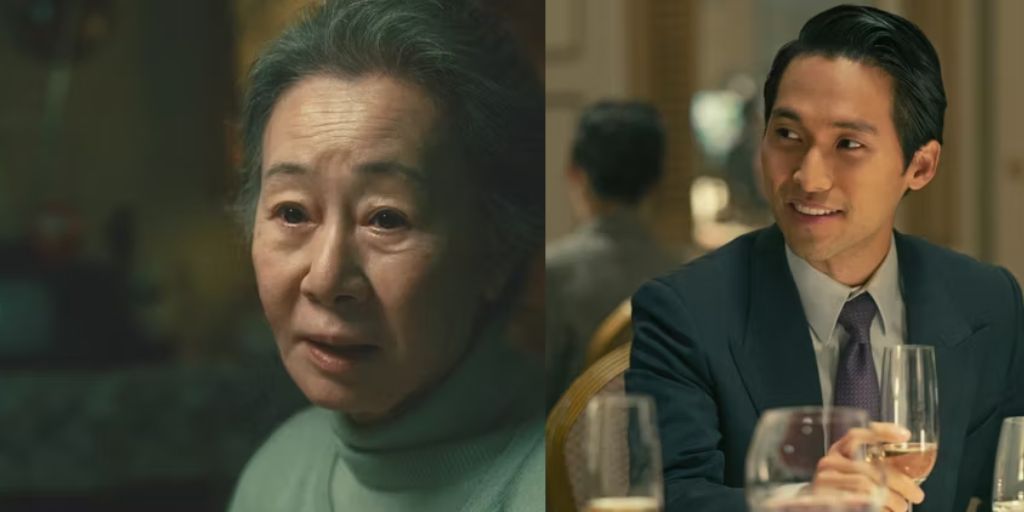

Season 2 of Pachinko presents a vivid depiction of sacrifice and perseverance throughout generations. The present alternates between 1945 and 1989, depicting the continued struggles confronted by Koreans in Japan and the way earlier decisions have an effect on later generations.
The highly effective storytelling and character depth reveal themes of household, identification, and endurance. The distinction between Sunja’s wartime struggles and Solomon’s modern-day struggles highlights the lasting impression of earlier challenges. With every episode, Pachinko enriches its narrative and emotional depth, drawing viewers in with its shifting portrait of adversity and resilience. New episodes of Pachinko Season 2 premiere Friday on Apple TV+.


